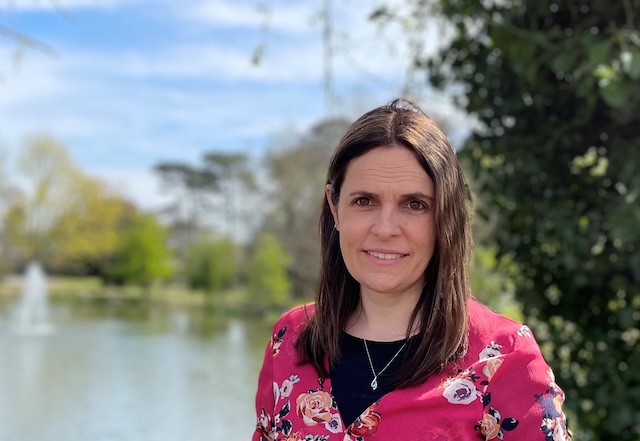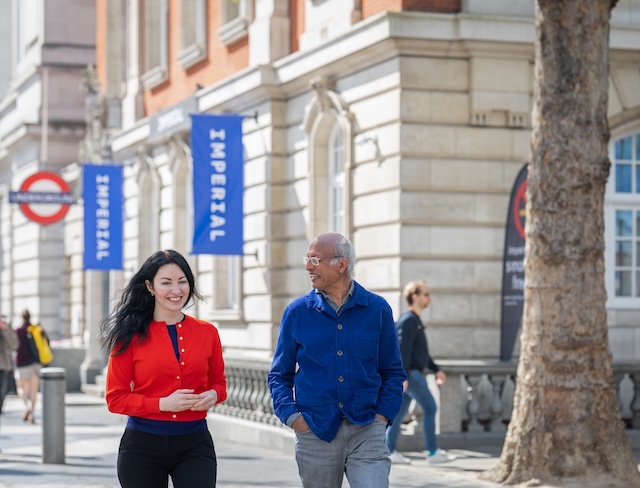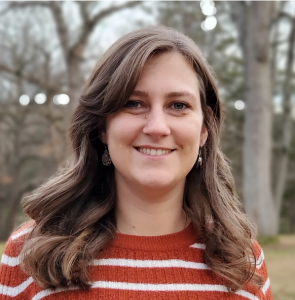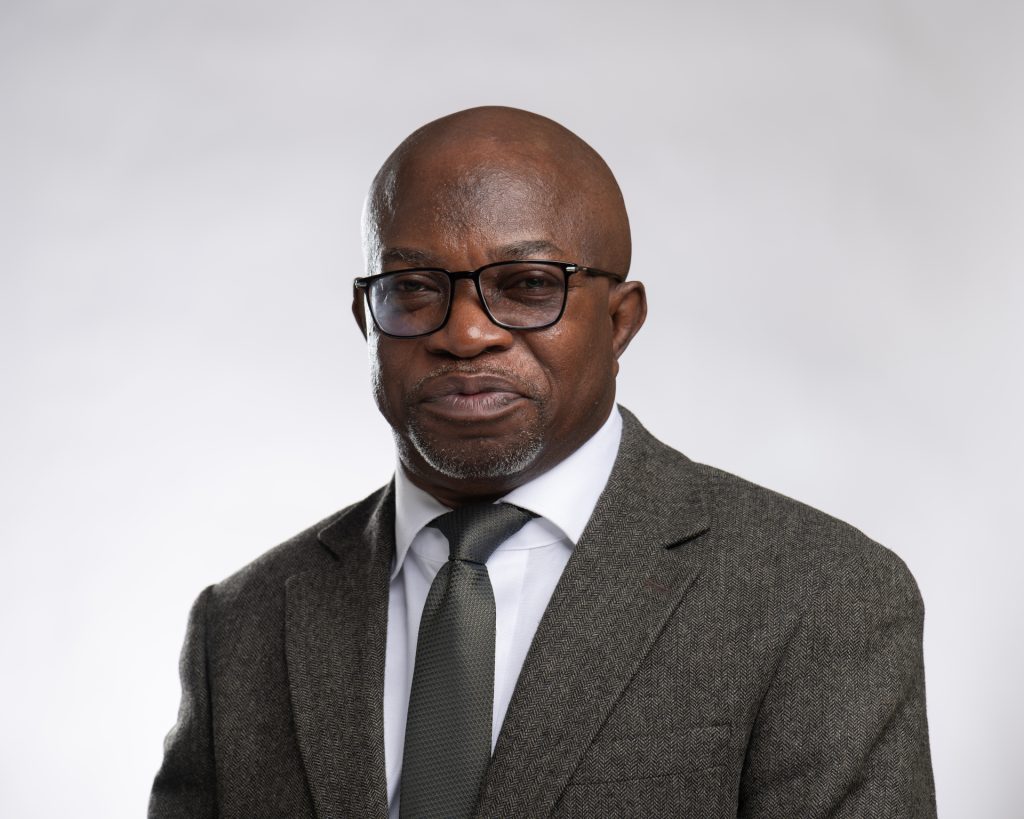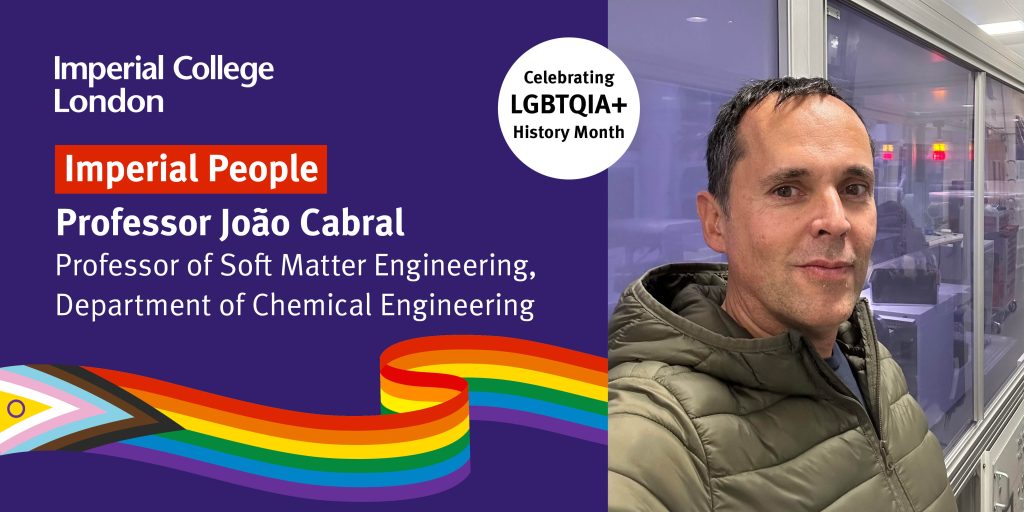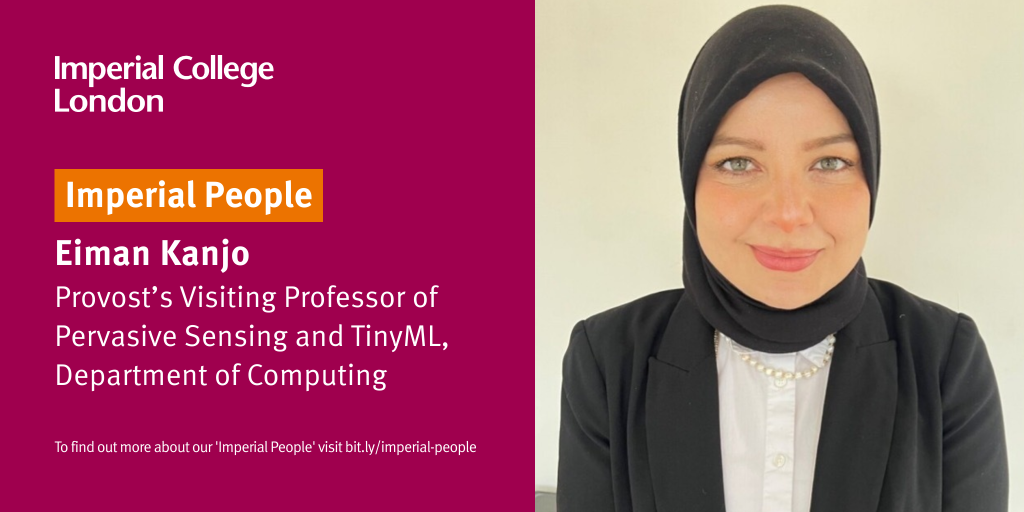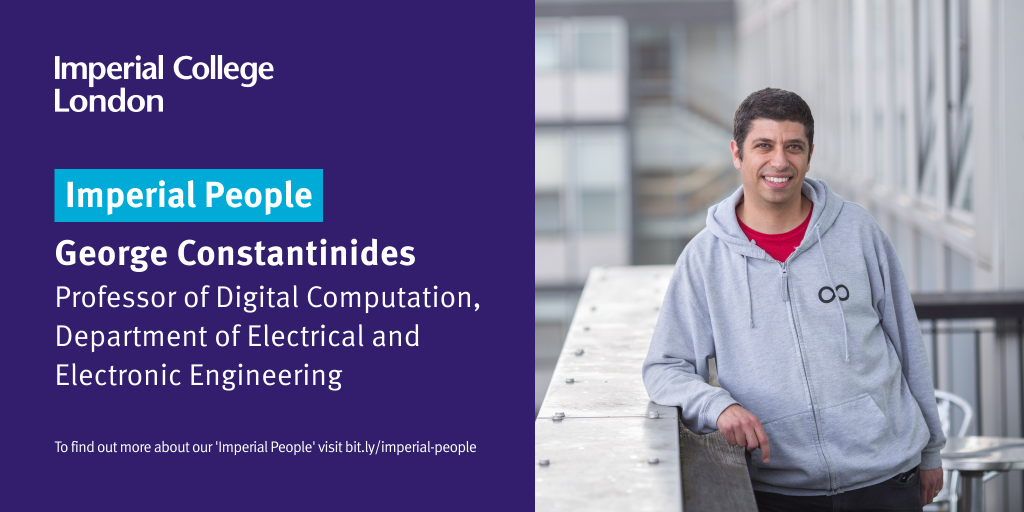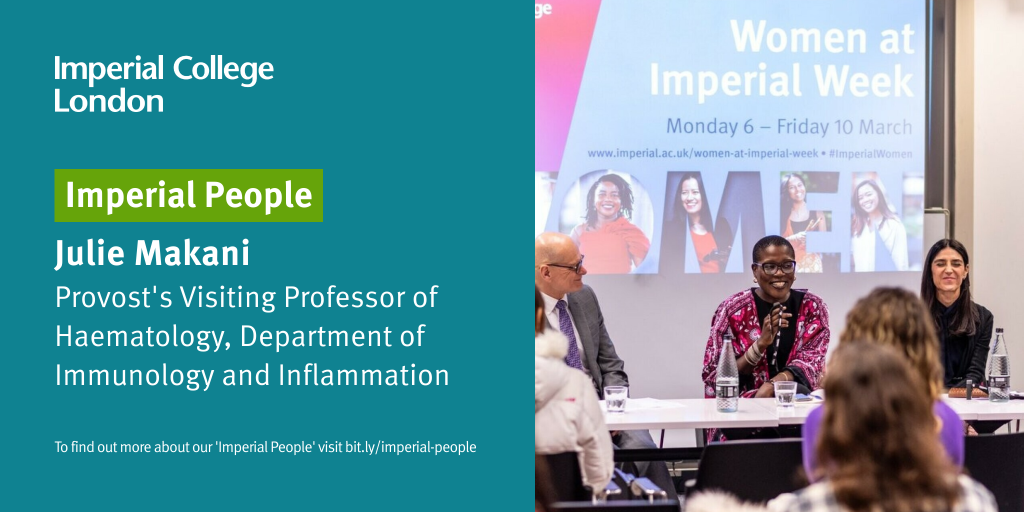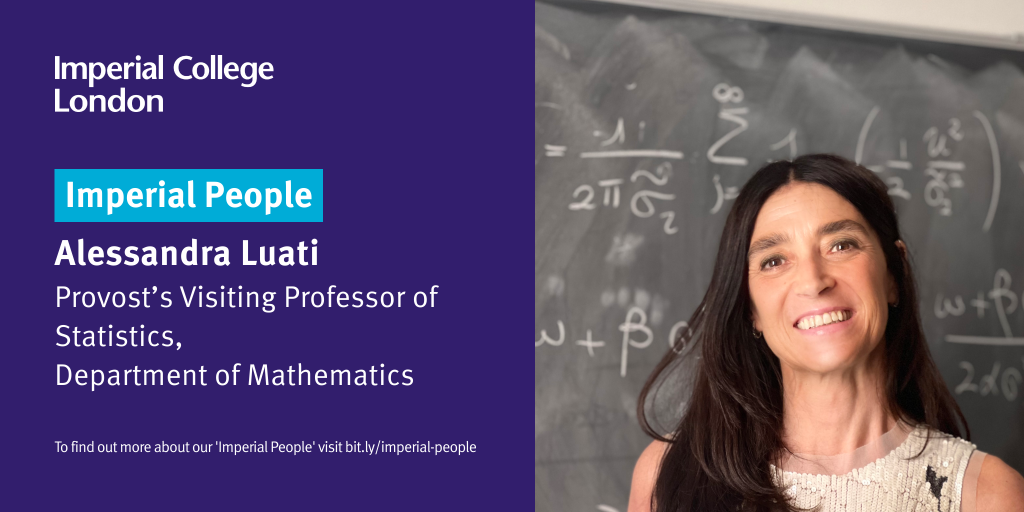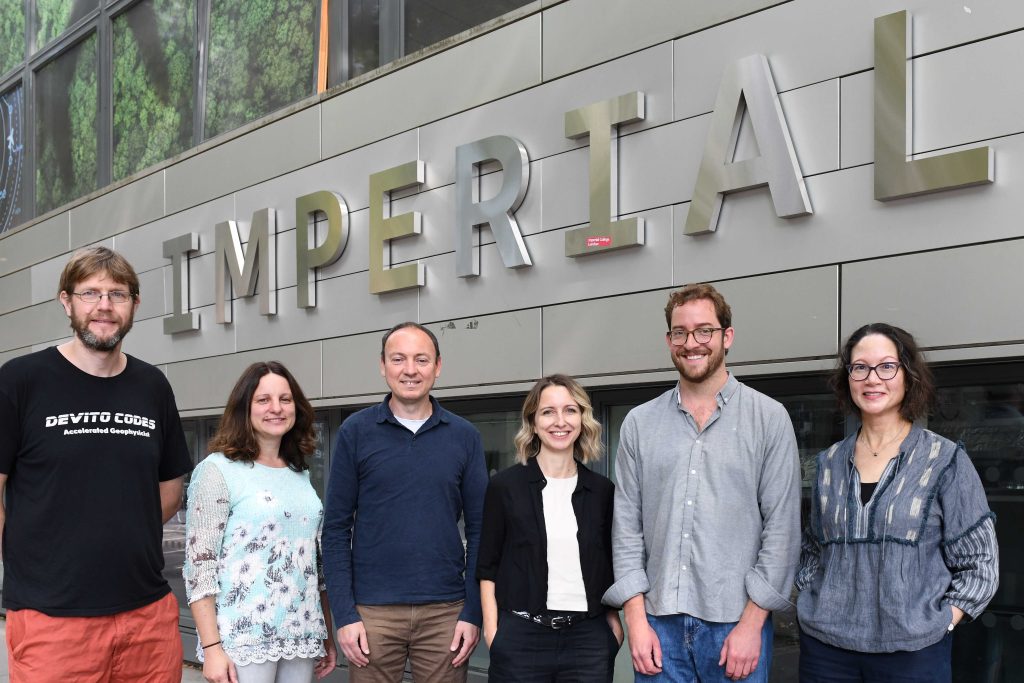
The Artificial Intelligence Futurists from left to right: Rhodri Nelson, Caroline Clewley, Konstantinos Beis, Emma Blyth, Jay DesLauriers and Coco Nijhoff
“Our curiosity in exploring AI is shaped by our individual experiences of Imperial as a community that is open to innovation and positive change.”
As Imperial’s newly appointed Artificial Intelligence (AI) Futurists, we hope to be at the forefront of how our community shapes its response to new technologies, particularly within the education field.
Individually, we are a diverse group and bring our own experiences to these new planning, engagement, and ‘blue-sky-thinking’ positions which will sit within different parts of the university. We are all longstanding members of the community with day jobs across all four faculties; Natural Sciences, Engineering, Medicine and the Business School. We have been in our new roles for several weeks now.
We consider AI to be emblematic of a deeper level of change within our professional and personal lives. When several of us first began our careers, the internet was a tool embedded across daily life in a way that few thought could be substantially ‘bettered’. Then came along social media and smart devices which provide us with significant access to information but can whittle away our time management skills and attention spans. Fast forward a decade, and we now find how we run our offices, our teaching activity, and our homes to be changed beyond recognition in positive and challenging ways. As AI Futurists, we want to support colleagues and students navigate another wave of change, and perhaps apply their approach toward other changes in education, employment, and wider society. Our curiosity in exploring AI very much feels shaped by our individual experiences of Imperial as a community that is open to innovation and positive change. (more…)
Read Artificial Intelligence Futurists in full
